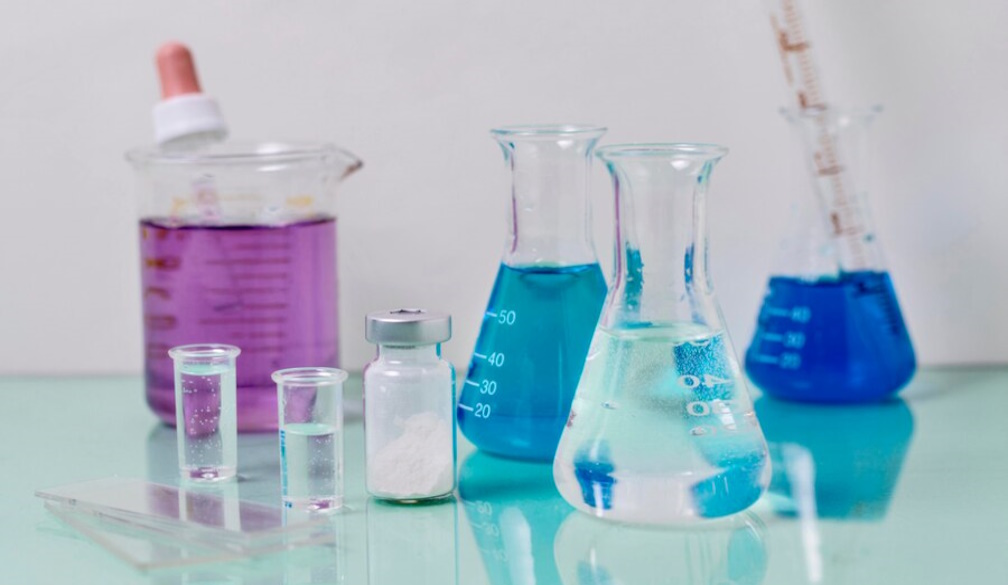Understanding Chemical Storage Cabinets: Importance, Types, and Best Practices

Chemical storage cabinets are essential components in laboratories, industrial facilities, and workplaces that handle hazardous materials. These cabinets are designed to safely store chemicals, minimizing the risk of accidents, spills, and exposure to harmful substances. This article explores the importance of chemical storage cabinets, the various types available, and best practices for their use.
Importance of Chemical Storage Cabinets
The primary purpose of chemical storage cabinets is to provide a safe environment for storing hazardous materials. Chemicals can pose significant risks, including fire hazards, toxic exposure, and environmental contamination. Proper storage is crucial for several reasons:
- Safety: Chemical storage cabinets help prevent accidents by containing spills and leaks. They are designed to withstand fire and chemical reactions, protecting both personnel and property.
- Regulatory Compliance: Many industries are subject to strict regulations regarding the storage of hazardous materials. Compliance with these regulations is essential to avoid legal penalties and ensure workplace safety.
- Organization: Chemical storage cabinets help maintain an organized workspace. By providing designated storage areas for different chemicals, they reduce the risk of mixing incompatible substances.
- Environmental Protection: Proper storage of chemicals minimizes the risk of environmental contamination. In the event of a spill, cabinets can contain the chemicals, preventing them from entering the soil or water supply.
Types of Chemical Storage Cabinets
Chemical storage cabinets come in various types, each designed for specific applications and types of chemicals. Here are some common types:
- Flammable Liquid Storage Cabinets
These cabinets are specifically designed to store flammable liquids, such as solvents and fuels. They are constructed from materials that can withstand high temperatures and are equipped with features like self-closing doors and ventilation systems to prevent the buildup of flammable vapors.
- Acid Storage Cabinets
Acid storage cabinets are designed to safely store corrosive substances, such as acids and bases. They are typically made from materials resistant to corrosion and feature secondary containment systems to capture spills.
- General Chemical Storage Cabinets
These cabinets are versatile and can store a wide range of chemicals. They are often equipped with adjustable shelves and can accommodate various container sizes. General chemical storage cabinets may also have features like spill containment trays.
- Biological Safety Cabinets
While not traditional chemical storage cabinets, biological safety cabinets are essential for laboratories handling biological materials. They provide a sterile environment and protect users from exposure to pathogens.
- Refrigerated Chemical Storage Cabinets
Some chemicals require refrigeration to maintain their stability. Refrigerated chemical storage cabinets are designed to provide a controlled temperature environment for sensitive materials.
Best Practices for Using Chemical Storage Cabinets
To maximize the safety and effectiveness of chemical storage cabinets, it is essential to follow best practices:
- Proper Labeling
All chemicals stored in cabinets should be clearly labeled with their contents, hazards, and handling instructions. This helps ensure that personnel can quickly identify and respond to potential risks.
- Segregation of Incompatible Chemicals
Chemicals that can react dangerously with each other should be stored separately. For example, acids should not be stored with bases, and oxidizers should be kept away from flammable materials.
- Regular Inspections
Conduct regular inspections of chemical storage cabinets to check for leaks, corrosion, and proper labeling. Any damaged or outdated chemicals should be disposed of according to local regulations.
- Training and Education
Personnel who handle chemicals should receive training on the proper use of storage cabinets, including how to respond to spills and emergencies. Regular refresher courses can help maintain awareness of safety protocols.
- Emergency Preparedness
Ensure that emergency equipment, such as spill kits and fire extinguishers, is readily available near chemical storage cabinets. Personnel should be trained on how to use this equipment effectively.
- Maintain Ventilation
Proper ventilation is crucial for chemical storage cabinets, especially for flammable and volatile substances. Ensure that cabinets are located in well-ventilated areas to prevent the accumulation of harmful vapors.
Conclusion
Chemical storage cabinets play a vital role in ensuring the safe handling and storage of hazardous materials. By understanding the importance of these cabinets, the various types available, and best practices for their use, organizations can create a safer working environment. Proper storage not only protects personnel and property but also helps maintain compliance with regulations and safeguards the environment. Investing in quality chemical storage cabinets and adhering to safety protocols is essential for any facility that handles chemicals.

















